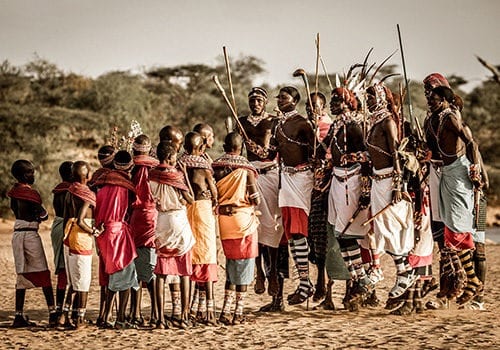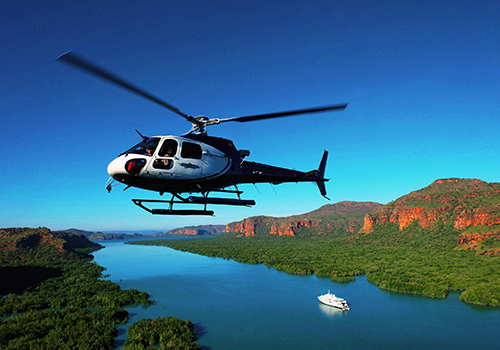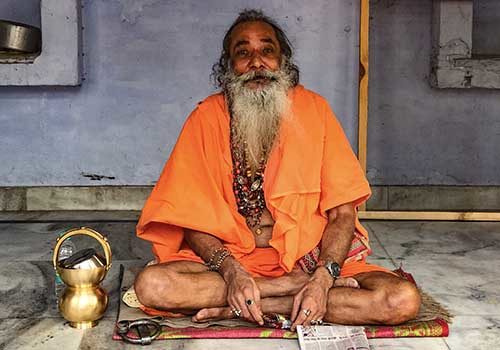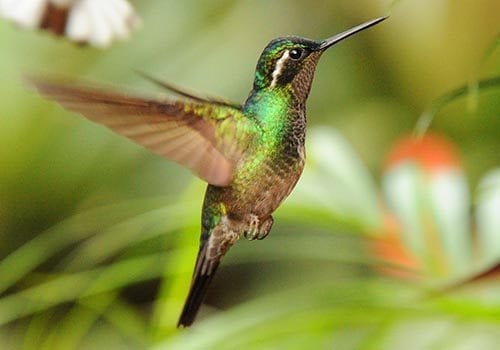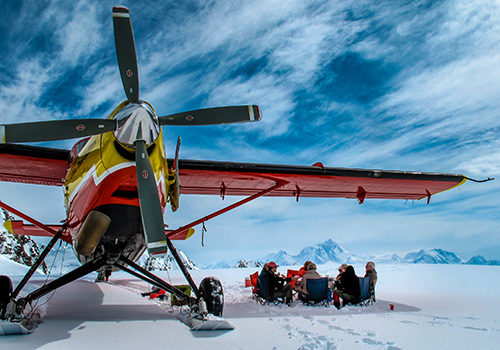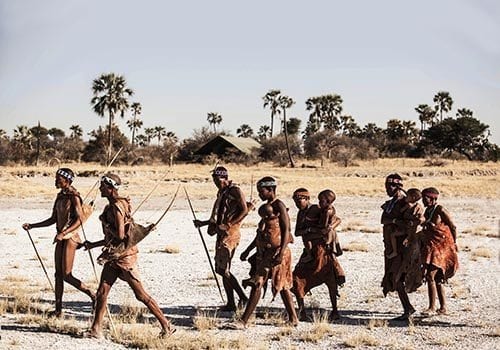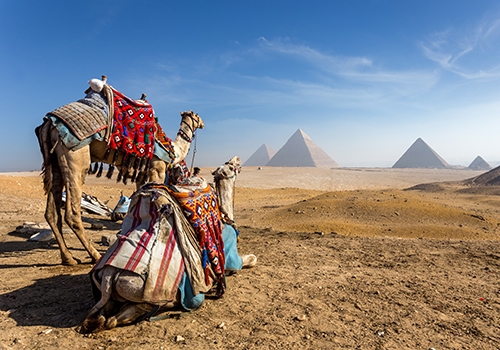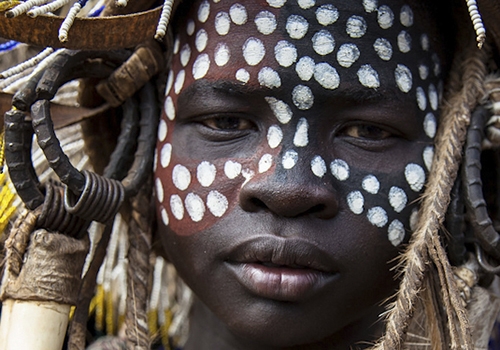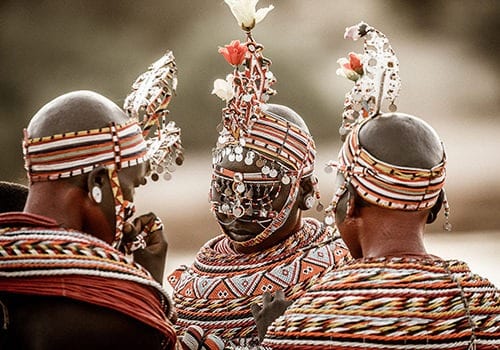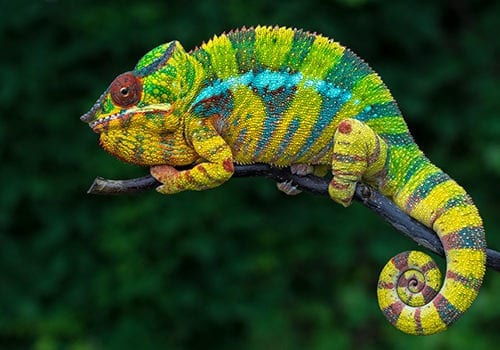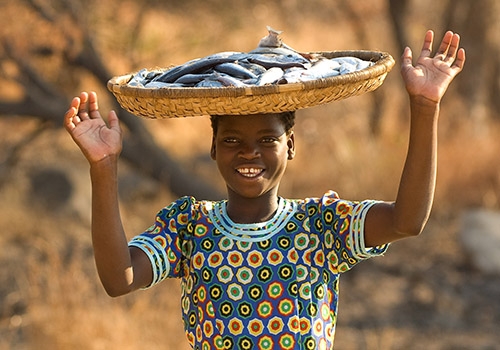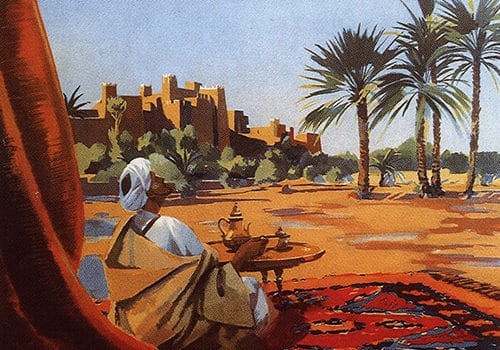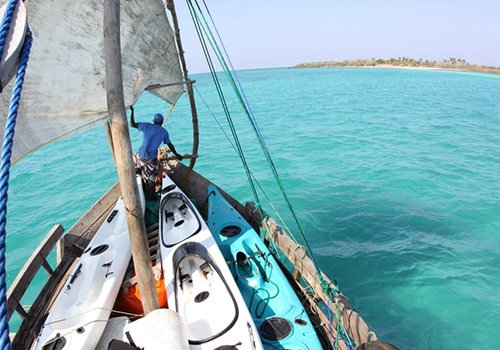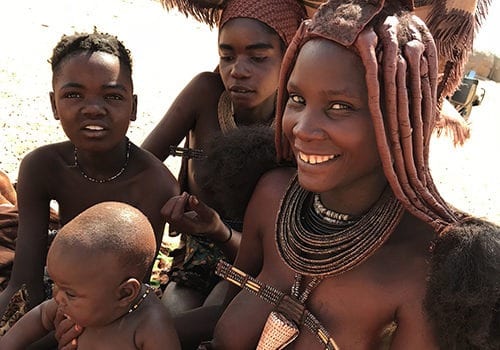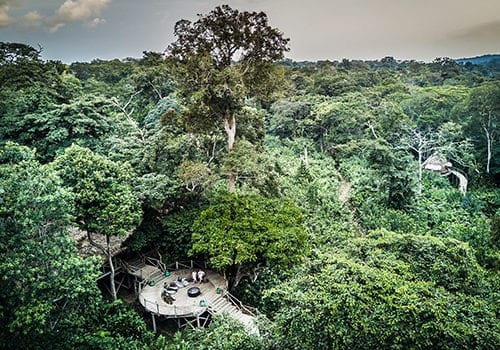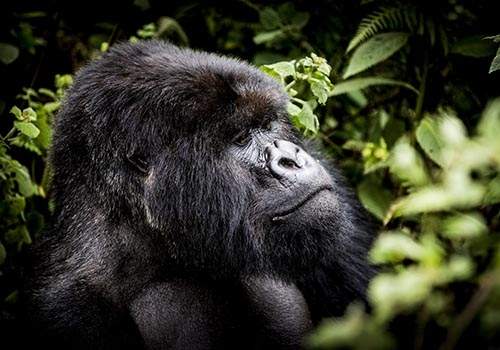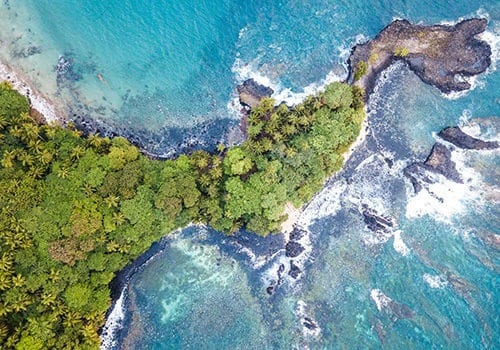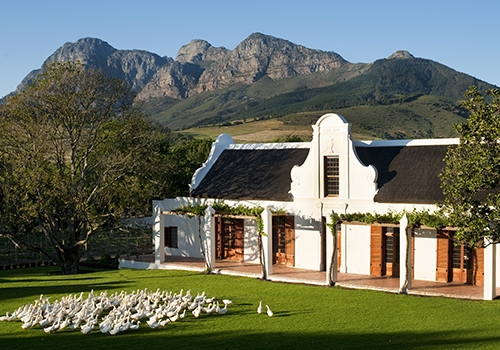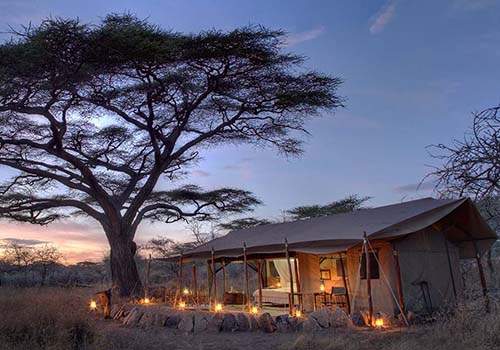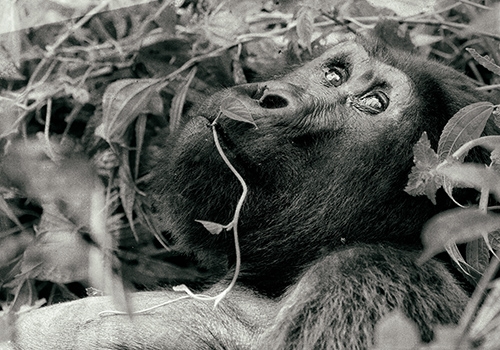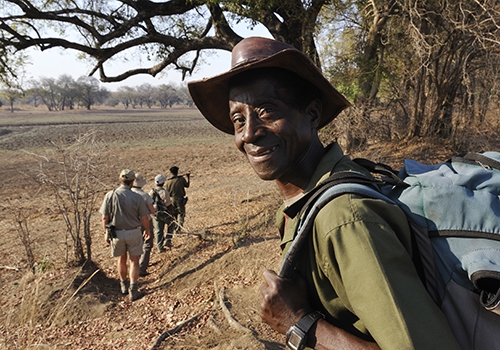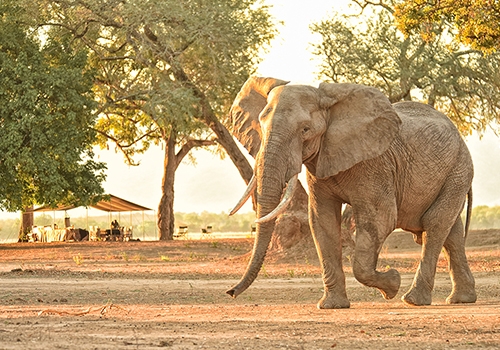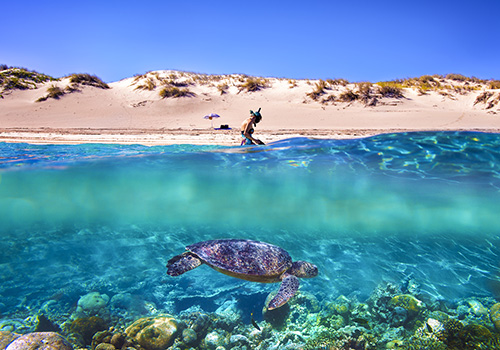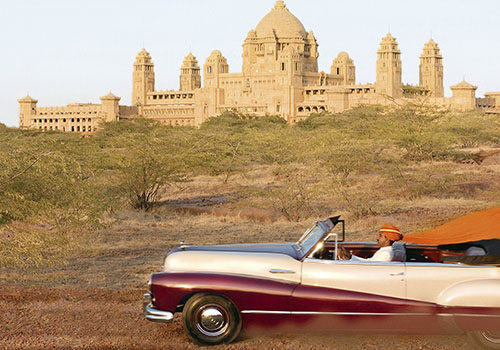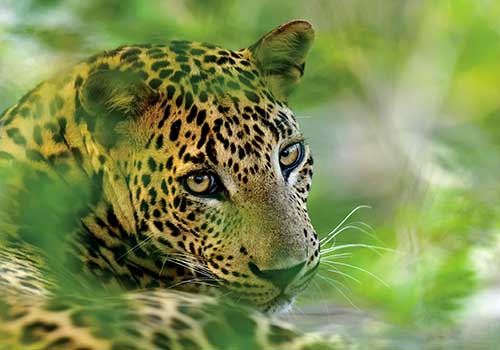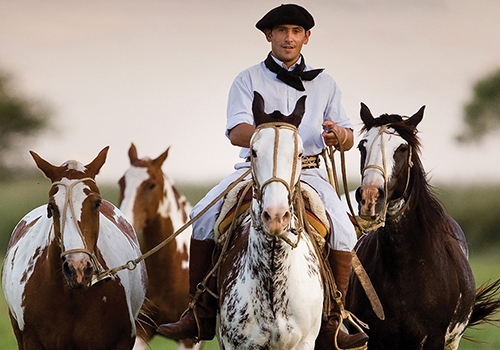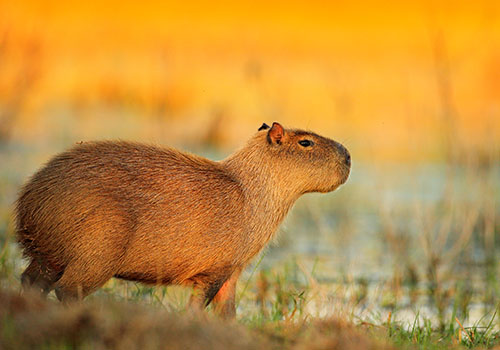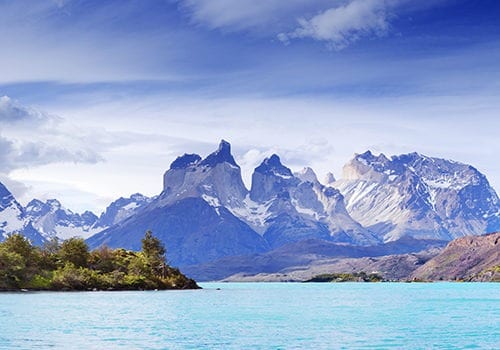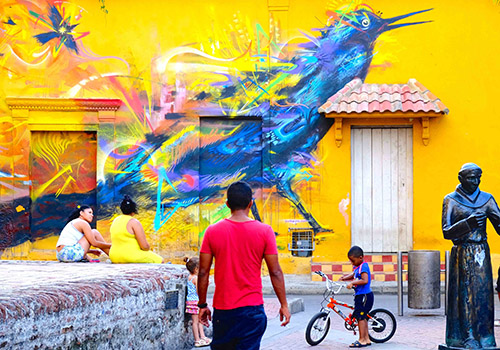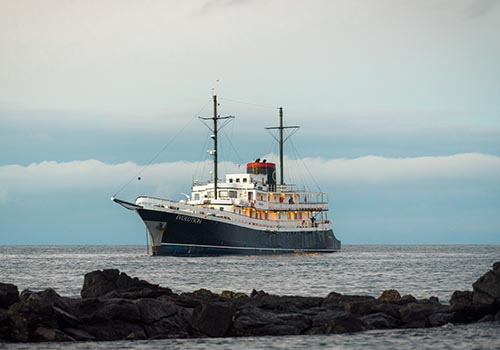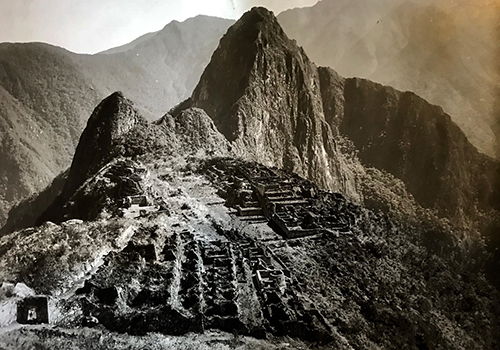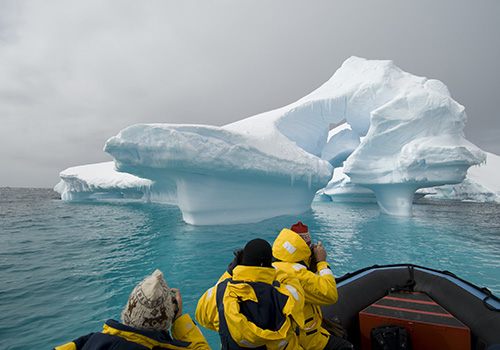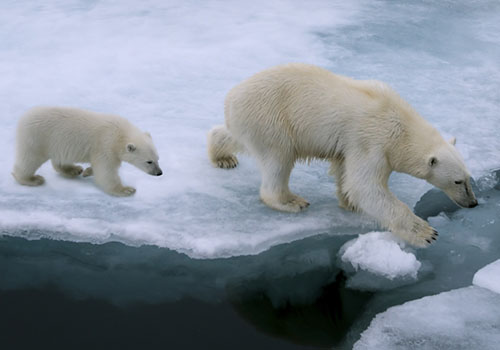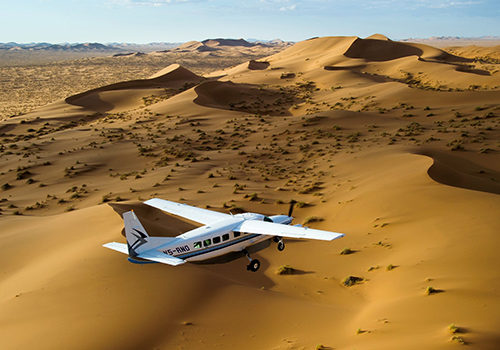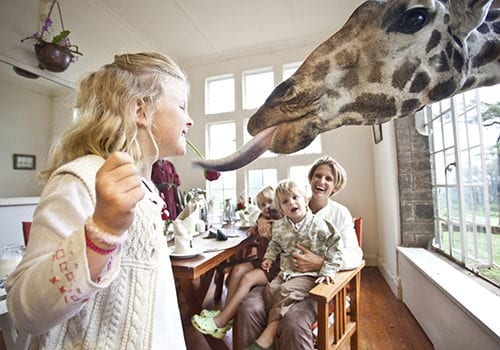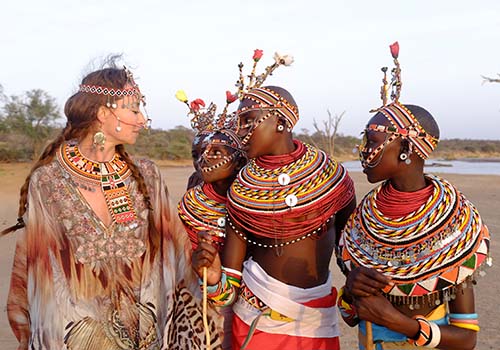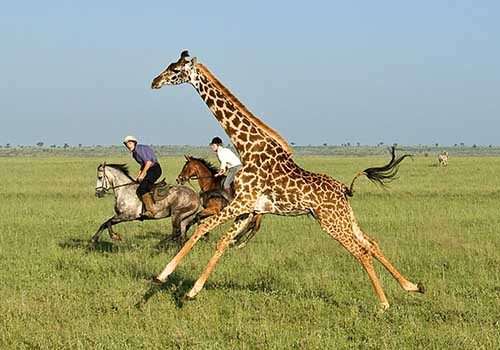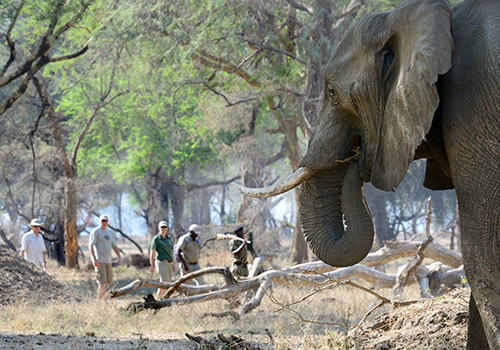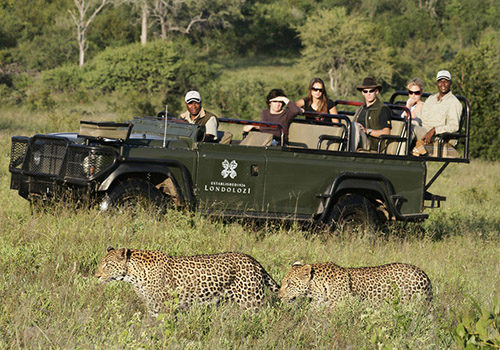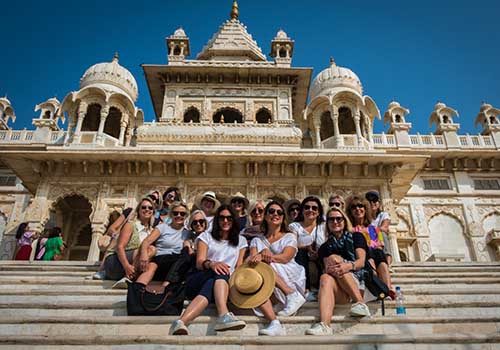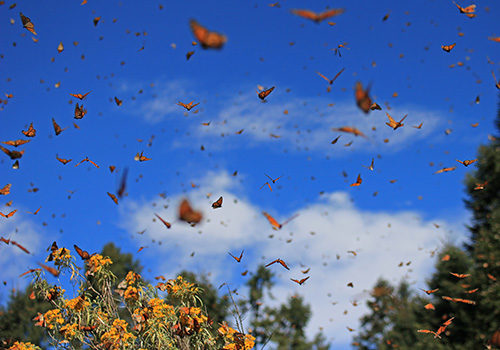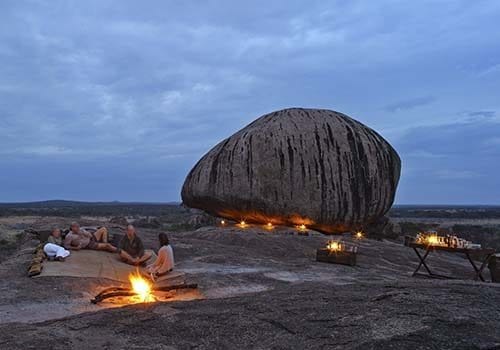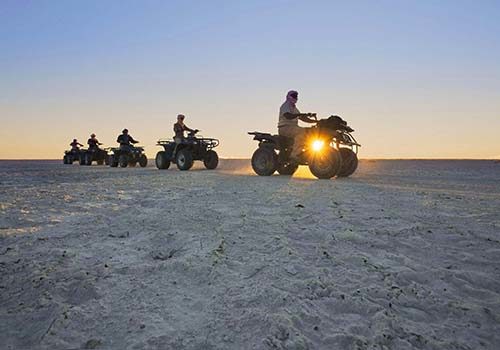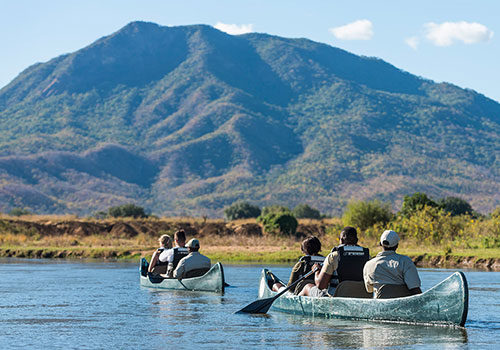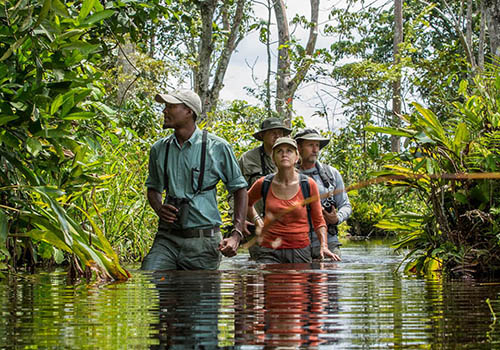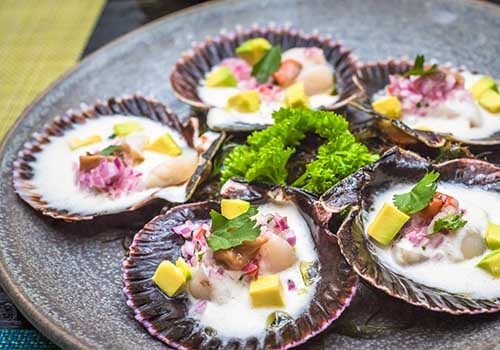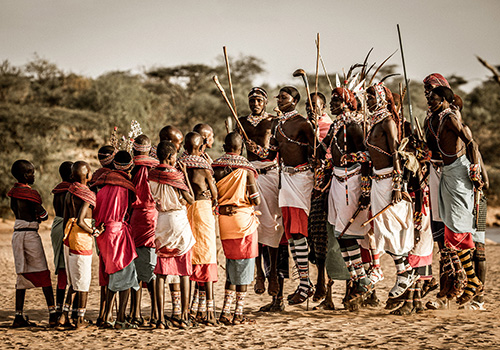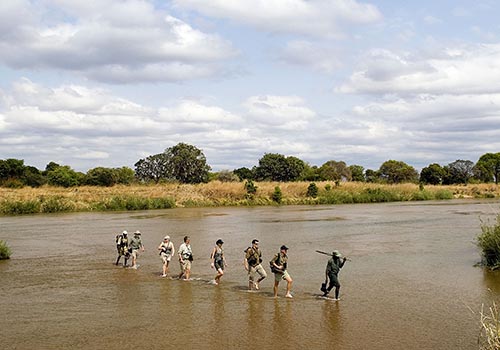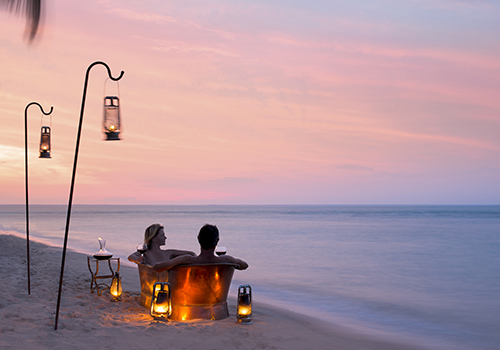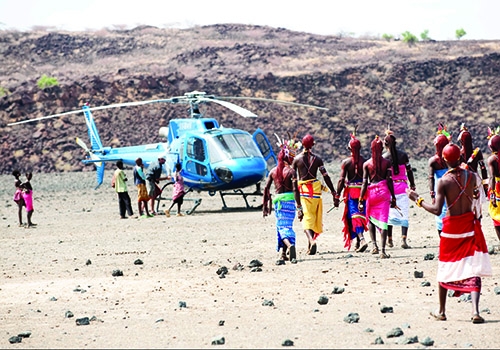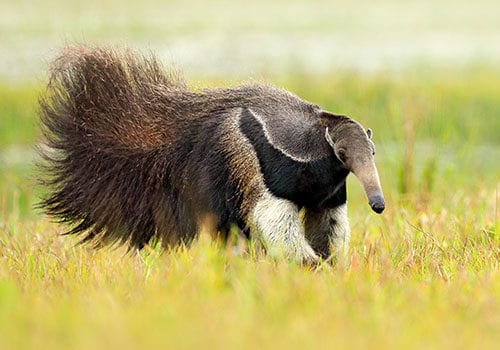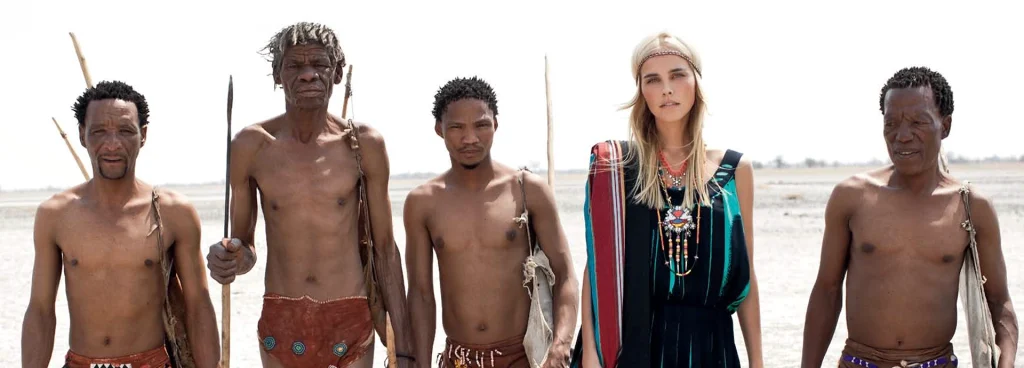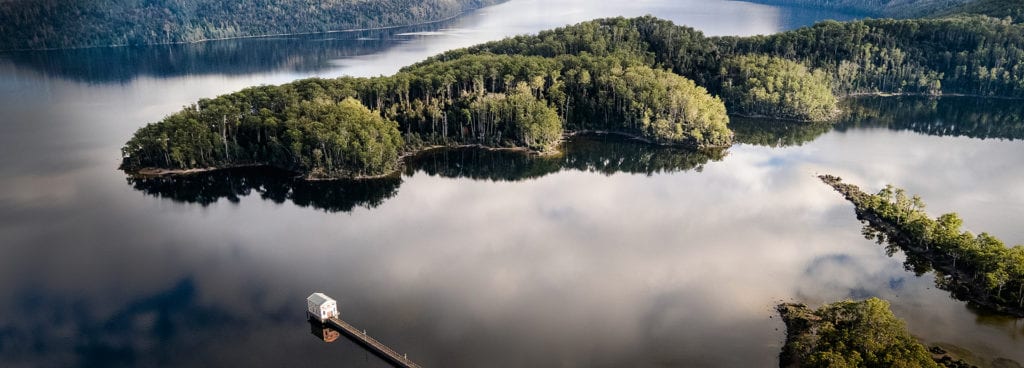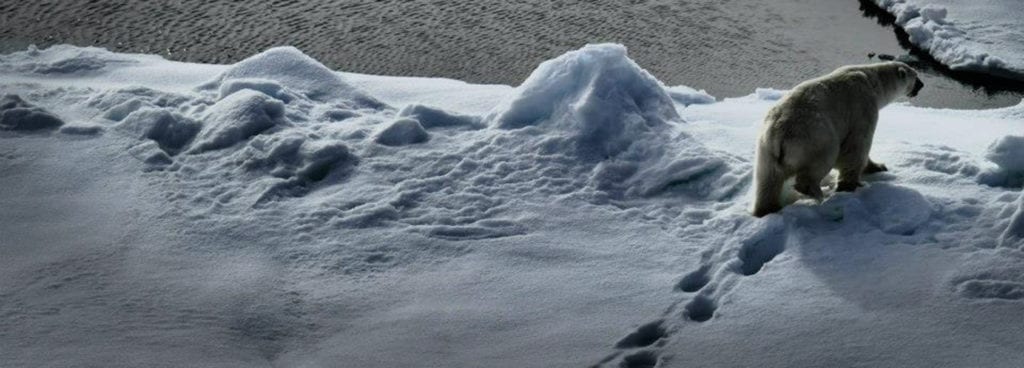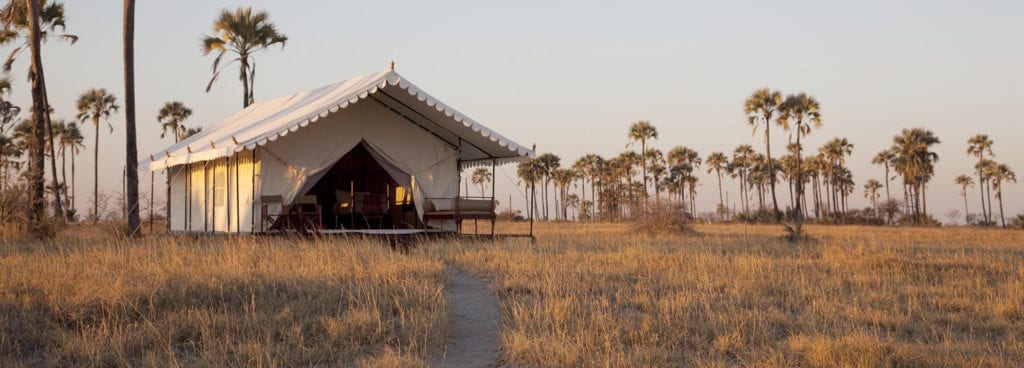DISPATCHES FROM EXOTIC LANDS
At The Classic Safari Company, we take pride in knowing our destinations inside out so we recently sent Ella Kiddell to embark on the Great Walk of Africa and experience the adventure first hand. Here she shares her journey through a collection of images taken along the way…
The Greatest African Bush Experience on the Continent
The Great Walk of Africa is an 11-day hike and mobile safari across Kenya’s Tsavo National Park. Tsavo is vast – roughly the size of Israel – and walking its game trails places you in the heart of a wilderness trodden by only a very few adventurous souls. Home to some of the biggest elephant herds in Africa and boasting a higher density of lions than the entire northern Serengeti, its little wonder this epic adventure has been described as ‘the greatest African bush experience on the continent’.
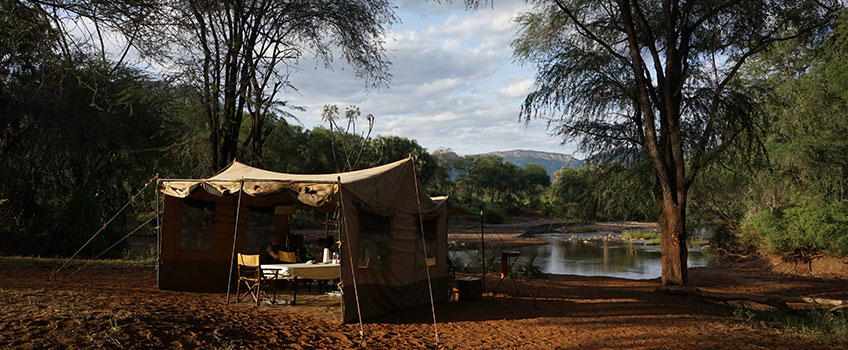
The Great Walk of Africa is a fully mobile safari and the entire camp is relocated every one to two days. Every location is beautiful and most enjoy uninterrupted river views. This is the mess tent where unhurried lunches and animated dinners take place.
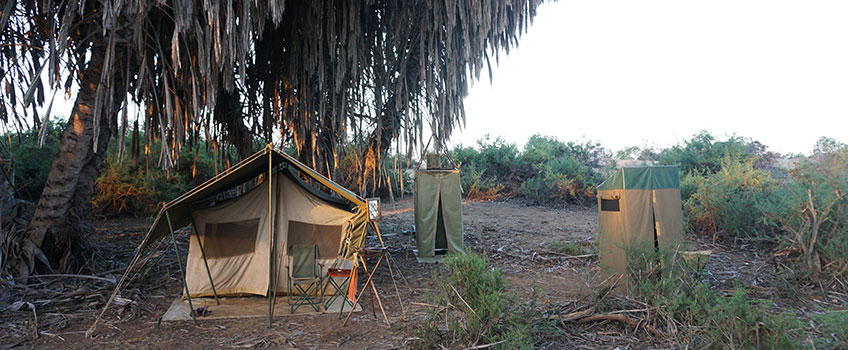
Home sweet home. Tents are pitched in sandy spots with fabulous views across the Galana River. Each tent has a frame bed with fresh cotton sheets, washstand, short drop toilet (right) and traditional bucket shower (middle). Comfort is never compromised.

Kiyhu the chef whips up culinary masterpieces from a simple bush kitchen using a range of charcoal ovens. His cooking is so good he’s been featured in Gourmet Traveller.
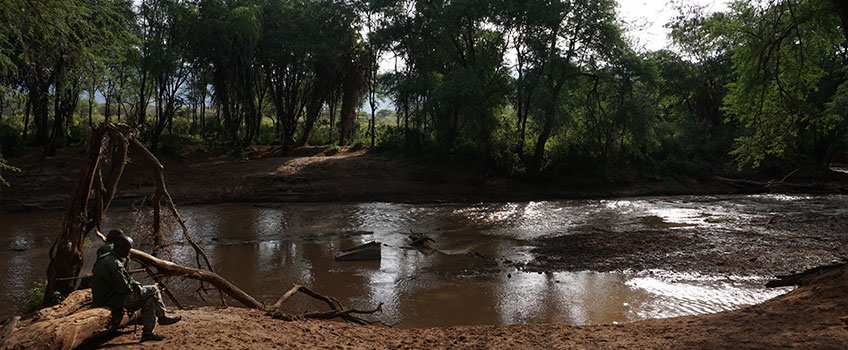
For the first couple of days, the environment is densely treed as the route winds its way through riverine forest. Along the way, relics from WW1 lay abandoned, faded and long forgotten. They are almost invisible to the untrained eye but serve as a poignant reminder of Tsavo’s history and make for some great storytelling by guide and founder of Tropical Ice, Iain Allan. Wildlife is tricky to spot in such dense vegetation but the birdlife and butterflies are abundant.
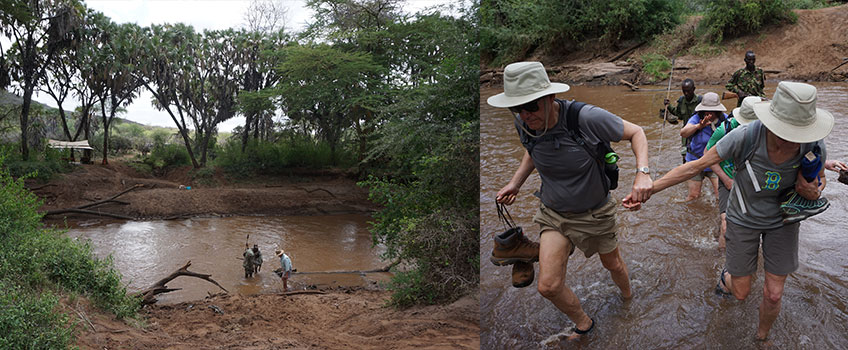
There are several river crossings along the journey and the group moves together as one across the channel. The collaborative splashing notifies any lurking crocodiles that one very large creature is crossing. The biggest mistake you can make is leaping across boulders one by one – that mimics baboon behaviour and they make easy prey!
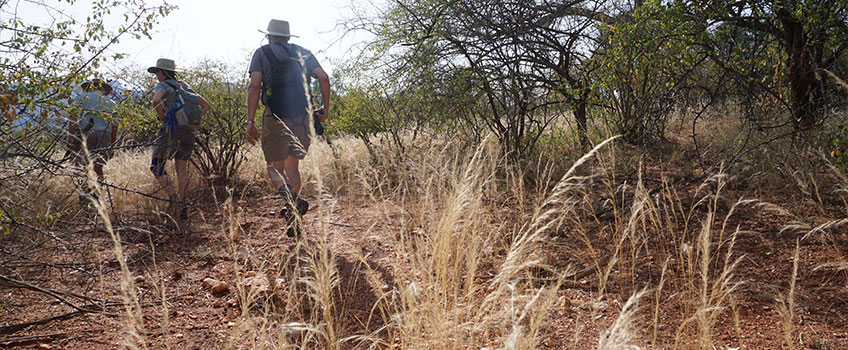
Moving from West to East the vegetation opens out. The biggest problem now is grass seeds – they are insatiable in working their way into shoes and socks. Gaitors are highly recommended.
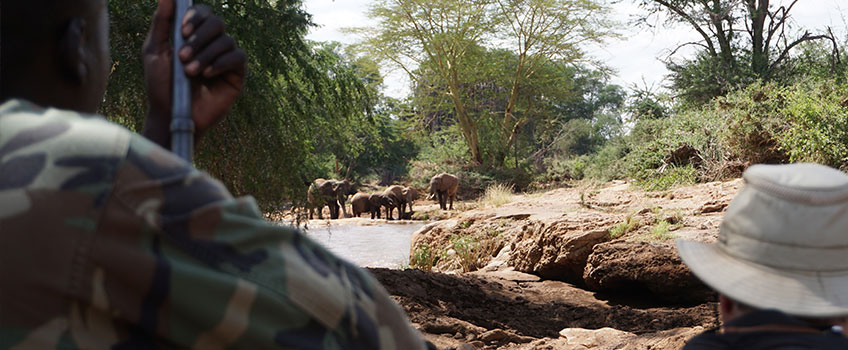
Time is dedicated to sitting and observing wildlife with a particular emphasis on elephants. Guide Iain interprets their behaviour and soon you begin to understand their fascinating social hierarchies.
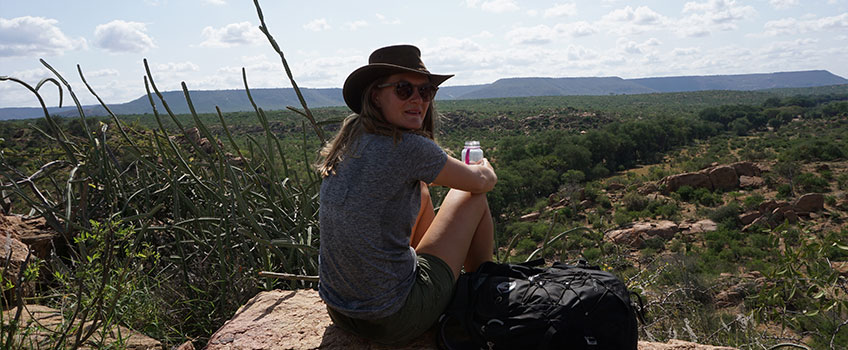
The terrain is forgiving, the going is good and the route is largely flat. Rocky outcrops offer the perfect vantage point for those willing to climb them.
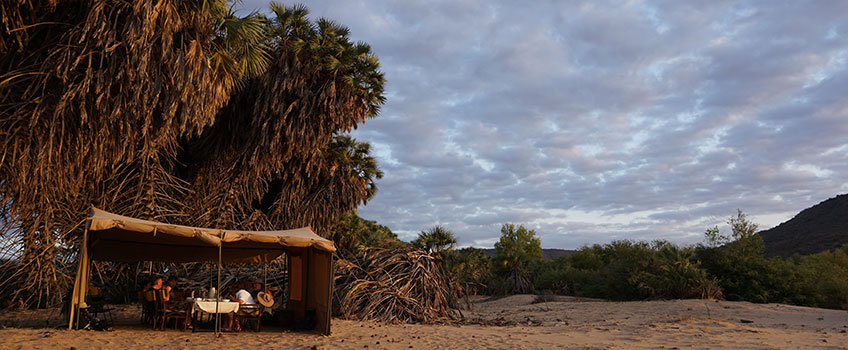
Every campsite is more beautiful than the last and all are completely deserted. Doum palms and sandy flood plains create a Robinson Crusoe-esque paradise.
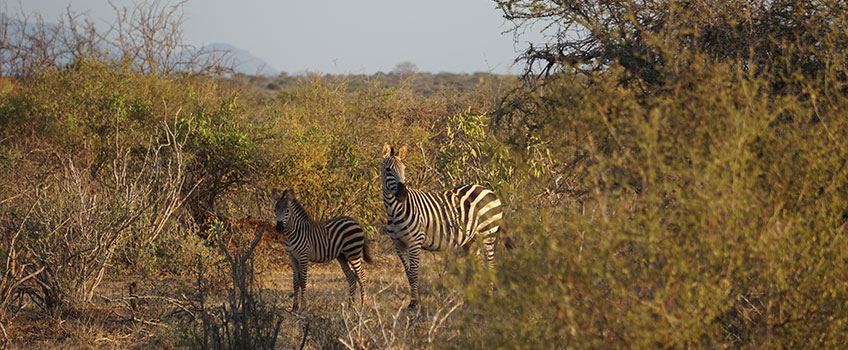 Continuing the walk westward the environment becomes noticeably drier and with vegetation now sparse, wildlife is easier to spot. Huge herds of buffalo, plenty of plains game, leopard, lion and cheetah make for impressive sightings. Even the rare African wild dog has been spotted.
Continuing the walk westward the environment becomes noticeably drier and with vegetation now sparse, wildlife is easier to spot. Huge herds of buffalo, plenty of plains game, leopard, lion and cheetah make for impressive sightings. Even the rare African wild dog has been spotted.
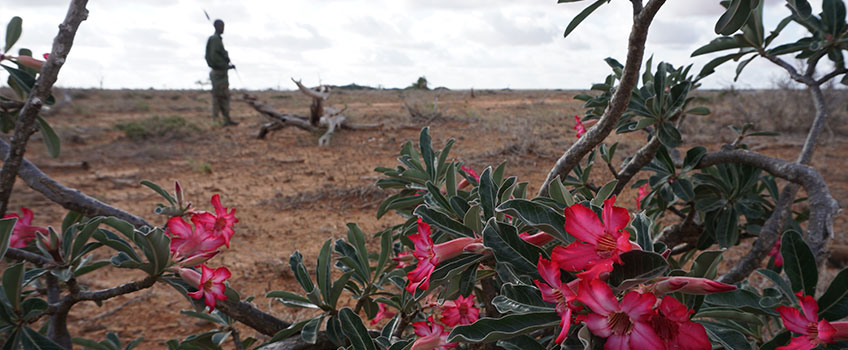
Nearing the Eastern border of Tsavo the environment is very dry and inhospitable yet desert roses spring from the sand to provide a pop of colour.
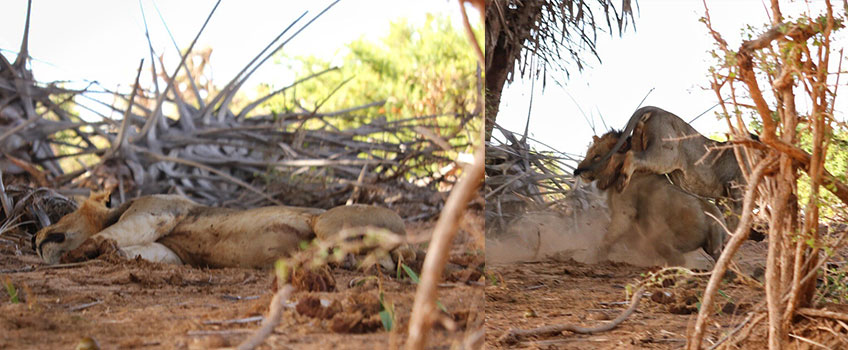
The lions of Tsavo are magnificent creatures. Due to a lack of wildebeest they have adapted to hunt buffalo and as a result they are noticeably larger than their Maasai Mara or Serengeti counterparts. They are intelligent and cunning often launching ambushes and altering their behaviour to suit conditions. They are magnificent beasts, adapted to survive on strength, guile and wit and walking alongside them is a rare privilege. Photographing them on foot requires deft camerawork! (Photo credit: Andy Geoghegan)
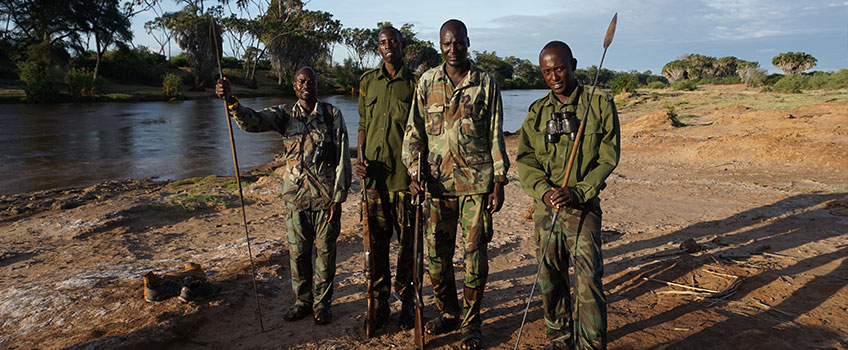
The guides employed by Tropical Ice are first class. These four Samburu men have worked with Iain for decades. They are eagle-eyed spotters and expert bushmen who instinctively understand the environment in a way it is difficult for us city dwellers to comprehend. Great pride is taken in ensuring the safety of guests and Iain trusts them implicitly.
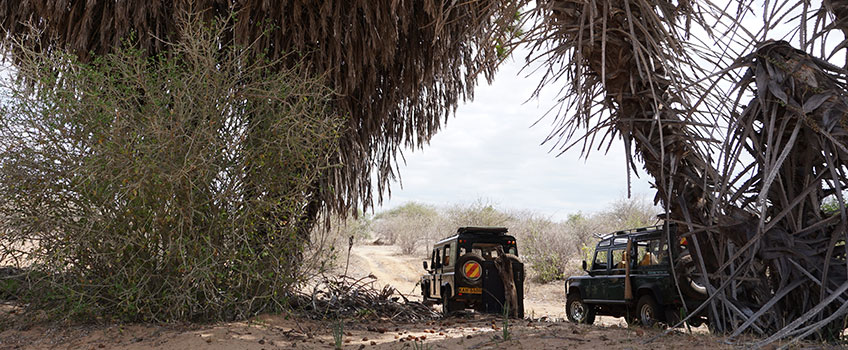
Evening game drives occur whenever vehicle access is possible. They provide an opportunity to spot game over a wider area and generally offer better positioning for photography. A short lens is recommended whilst walking for ease of carrying and landscape shots. Game drives are the time to capture your carefully constructed wildlife shots on a long lens.
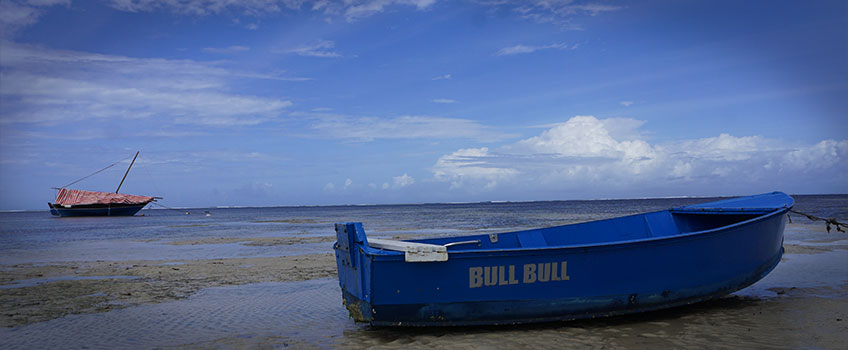
Finally reaching Tsavo East gate, the walk comes to an end and the group heads to the coast for a well-deserved cocktail and a swim in the Indian Ocean!
